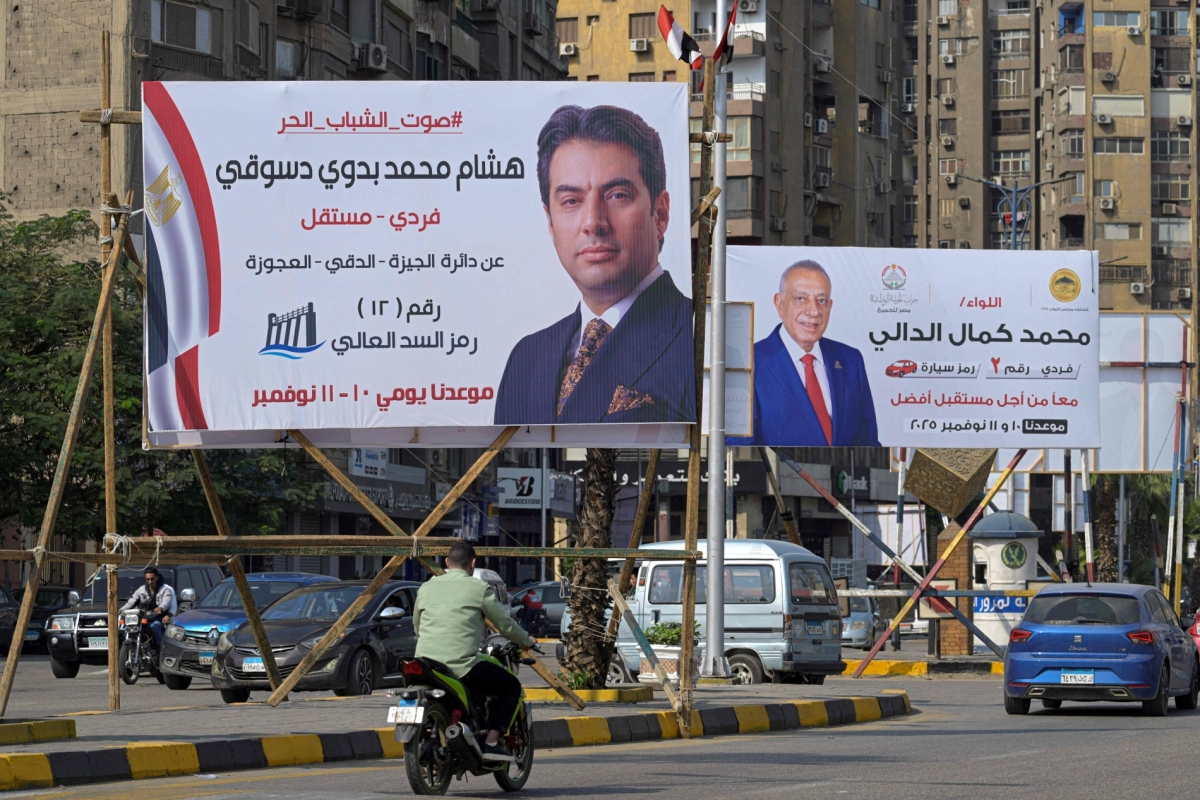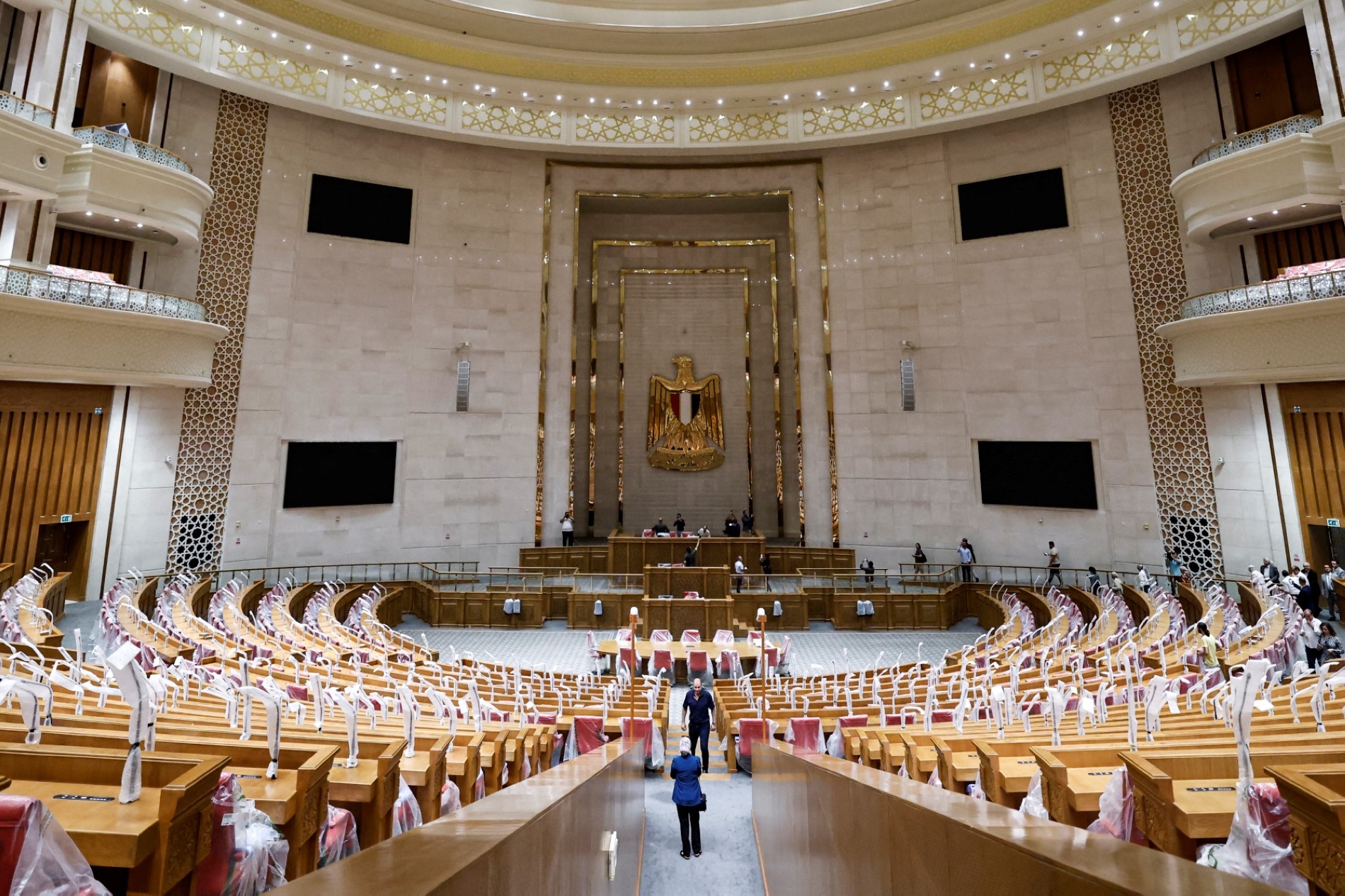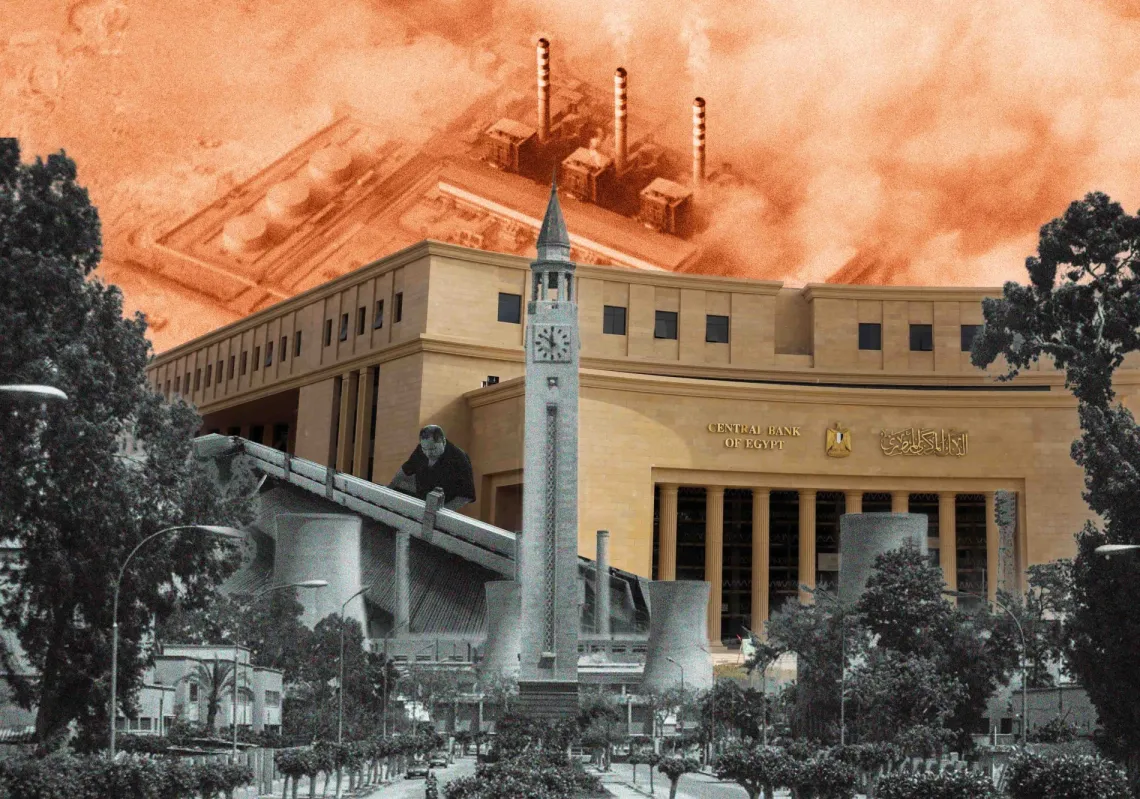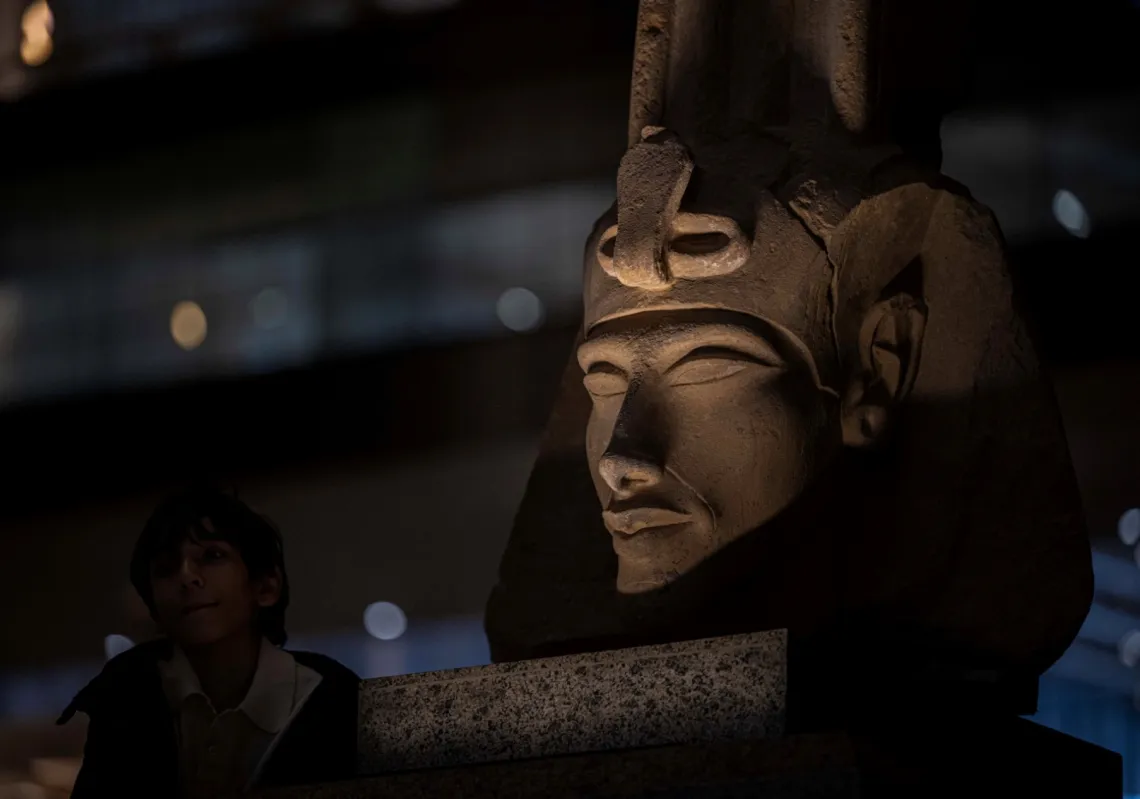The first phase of Egypt's two-phase elections for the House of Representatives is now underway, to renew the country's 596-seat lower chamber of parliament—the beating heart of the legislature, whose members draft policies, approve budgets, and hold the government to account.
The timing of the elections could not be more charged. Inflation remains at 12%, the currency has been devalued, and the ripple effects of regional conflict continue to cause problems, whether in Gaza to Egypt's east or in Sudan to Egypt's south.
The electoral map covers Egypt's 27 governorates, and round one of voting covers 14 zones, from the Mediterranean city of Alexandria to the urban sprawl of Giza and the fertile, tradition-rich expanses of Upper Egypt. Diplomats and other Egyptians living abroad began casting their ballots on 7-8 November.
First-phase tallies are expected to be released on 18 November, with runoffs (if necessary) scheduled for 3-4 December. The second phase, covering the remaining 13 governorates, will take place on 24-25 November. Appeals can be filed within 48 hours and will be settled by the Supreme Administrative Court to safeguard fairness.
Quotas and seats
This vote sticks out for its fusion of individual campaigns and team lists, weaving street-level concerns with sweeping national visions. A total of 448 seats are being contested in 143 constituencies. Each constituency awards up to four seats through a two-round majoritarian system: a candidate wins outright with the most votes, or run-offs are held if no one reaches 50%.
An additional 120 seats are allocated through closed party lists in four nationwide districts: two districts with 40 seats each, and two with 20 seats each. To qualify, party lists must achieve at least 5% of the national vote and meet inclusion quotas. These quotas include 25% of candidates under 35 years of age, 10% women, at least one Christian, and designated seats for workers and farmers, reflecting Egypt's diverse society.
The Egyptian Constitution grants President Abdel Fattah el-Sisi the authority to appoint 28 members to the parliament following the elections. These appointments usually add expertise in areas such as security, media, and technology. A total of nearly 2,800 candidates (including independents and party-affiliated politicians) passed the final vetting process.
Public interest in the elections remains limited due to Egypt's current economic challenges and the view of a preordained outcome. Overall, there is widespread public apathy towards the whole process, with commodity prices, especially of food, dwarfing the financial capabilities of most people.
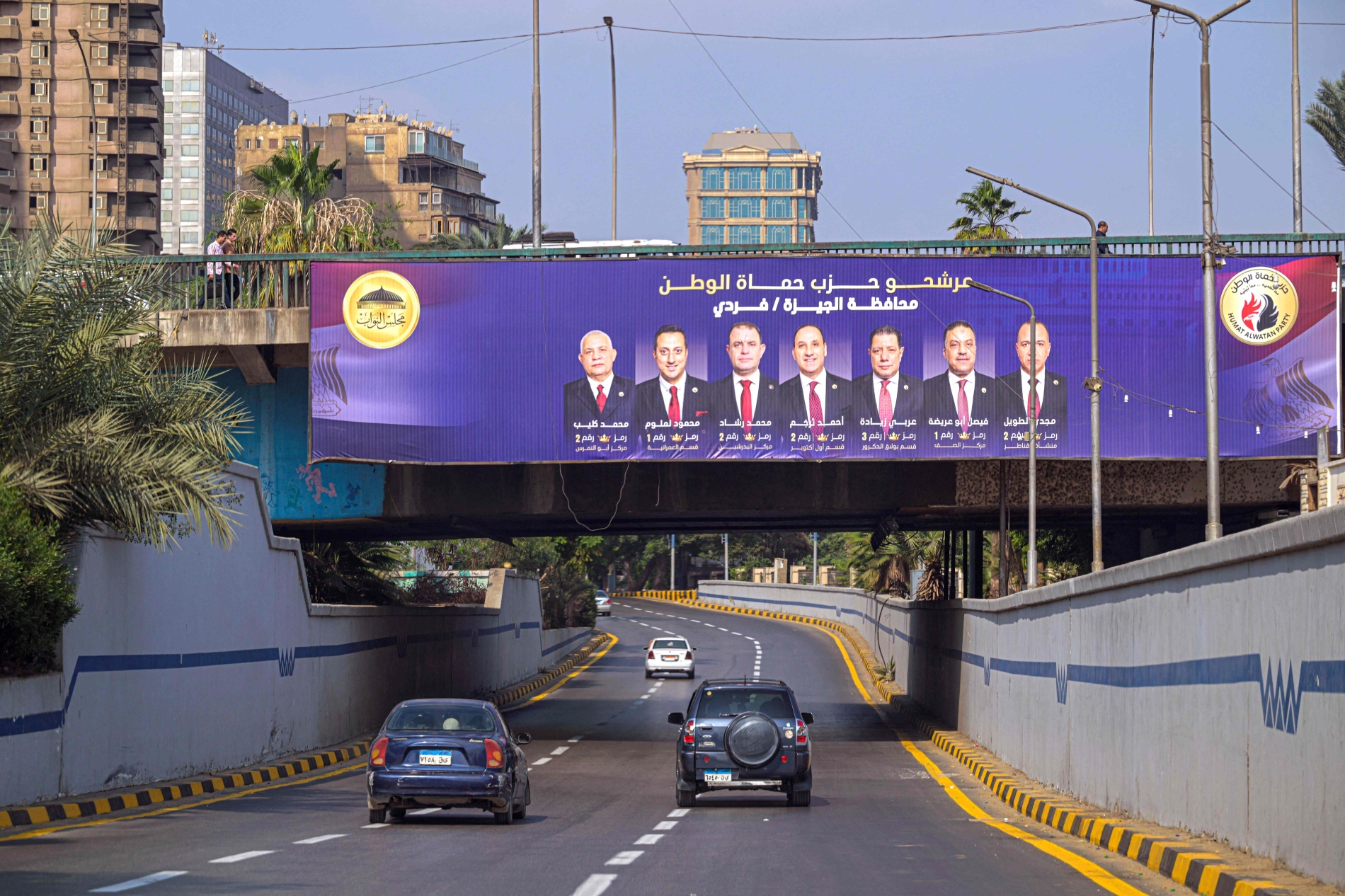
Towing the line
Egypt has a vast array of more than 100 registered political parties, but in practice, only a small group of pro-government alliances that work closely with President Sisi's administration get any attention. High registration fees, complex legal rules, and security checks all act as barriers limiting the participation of newcomers, and benefiting organised groups.
The National List for Egypt, led by the Nation's Future Party, is expected to do well. Its 13 allied parties include Protectors of the Nation and the National Front, and its list fields 300 candidates. This follows the success in 2015 of the For the Love of Egypt List, leaving little room for other competitors.
The Nation's Future Party, with 150 seats in the last parliament, backs major infrastructure projects, economic policies, and community initiatives that align closely with Sisi's agenda. It primarily supports, rather than challenges, the president. Meanwhile, the Generation List focuses on youth—promoting digital advancement, improved governance, and anti-corruption measures for the Under-35s—but is still fully aligned with the main coalition.
The Your Voice for Egypt List is centrist on security and public services, and the Egypt Call List emphasises family welfare. Neither strays from the pack on any of the major policy issues. Nearly 1,000 independent candidates, including local leaders, compete in individual districts based on personal connections and community trust. Again, many echo the same national priorities.
The Civil Democratic Movement brings together ten established parties, including the liberal al-Wafd and the leftist al-Tagammu, along with newer groups such as Bread and Freedom. These parties field individual candidates and primarily avoid the list system, while highlighting barriers to fair access and other concerns.


